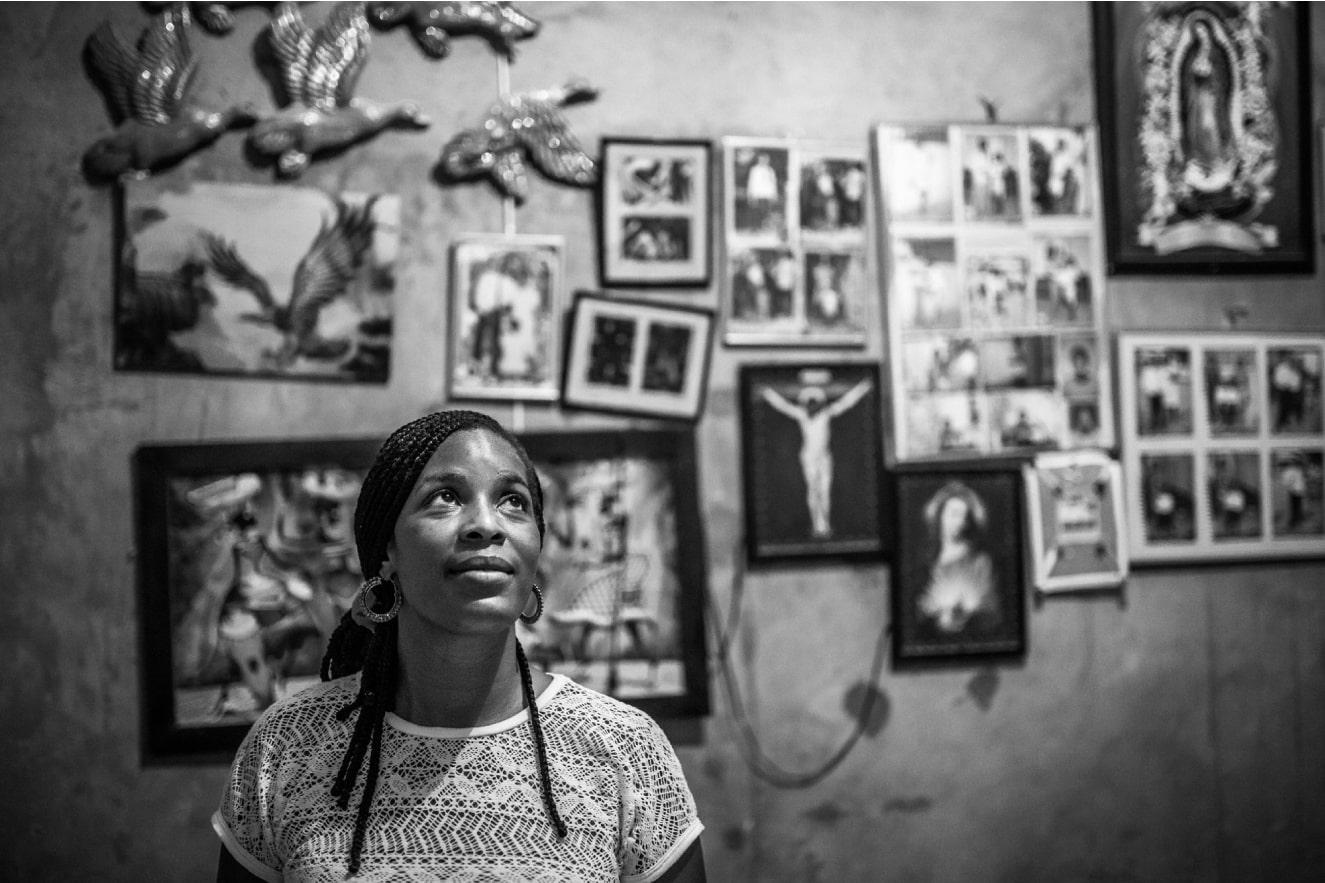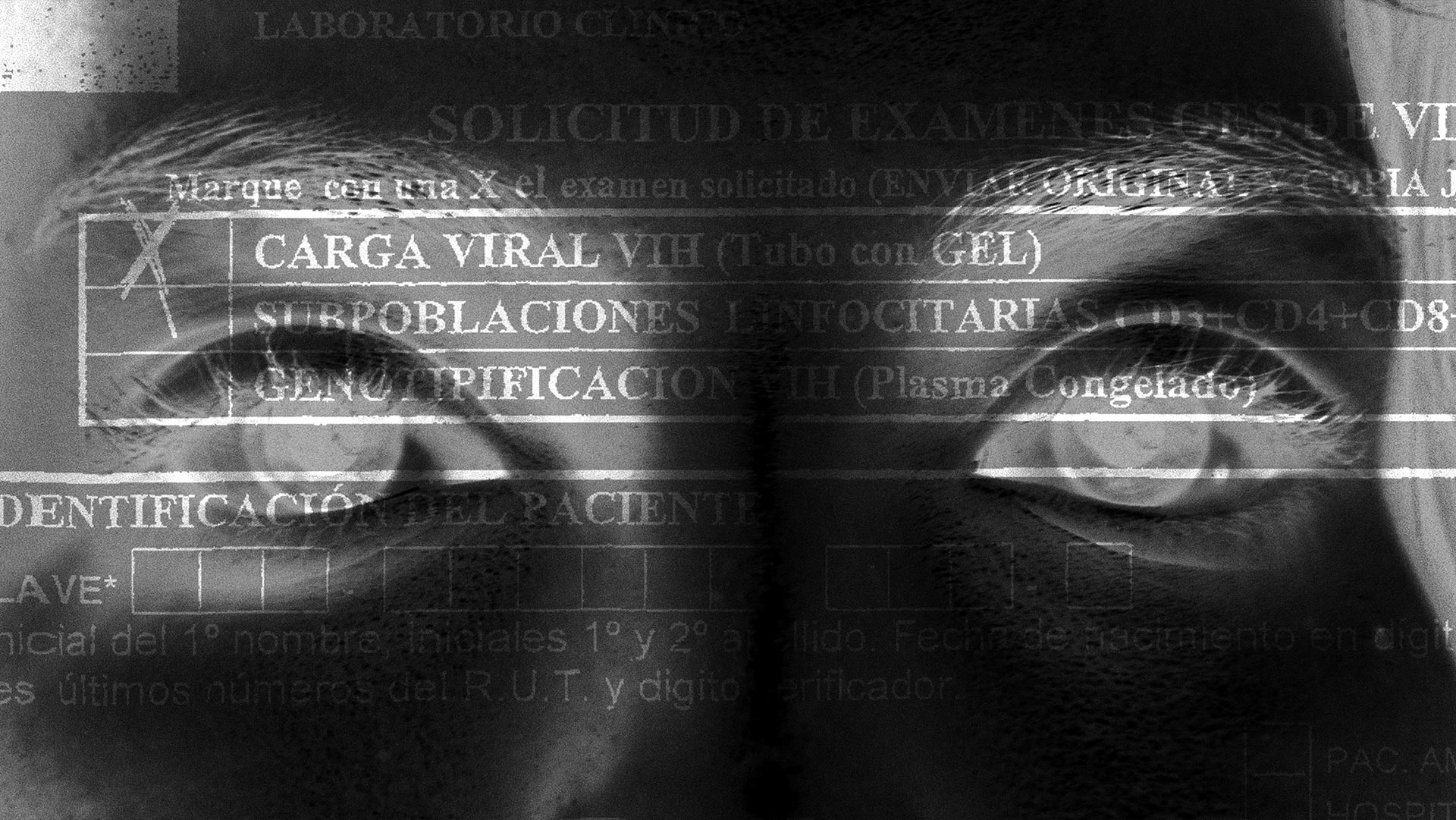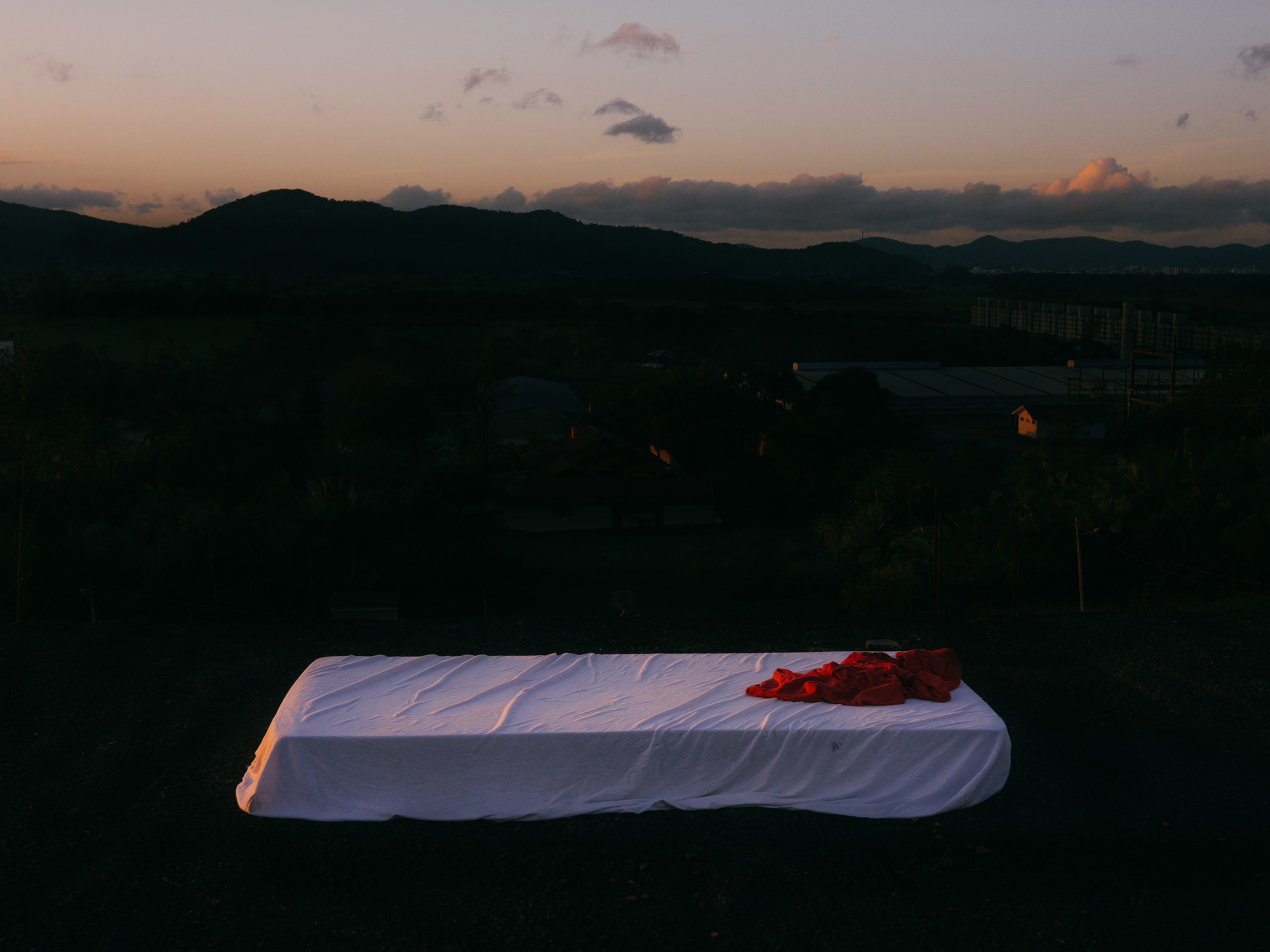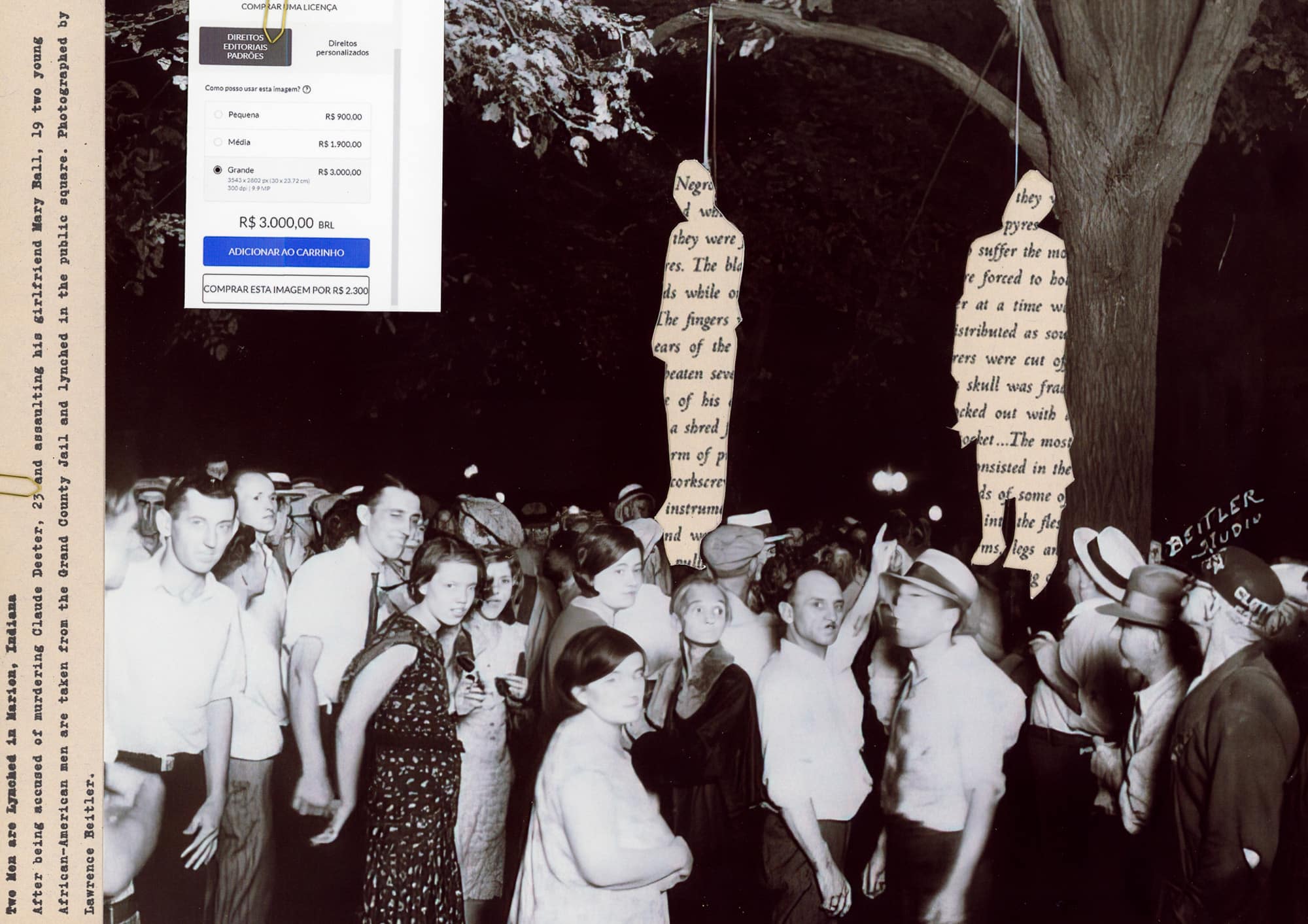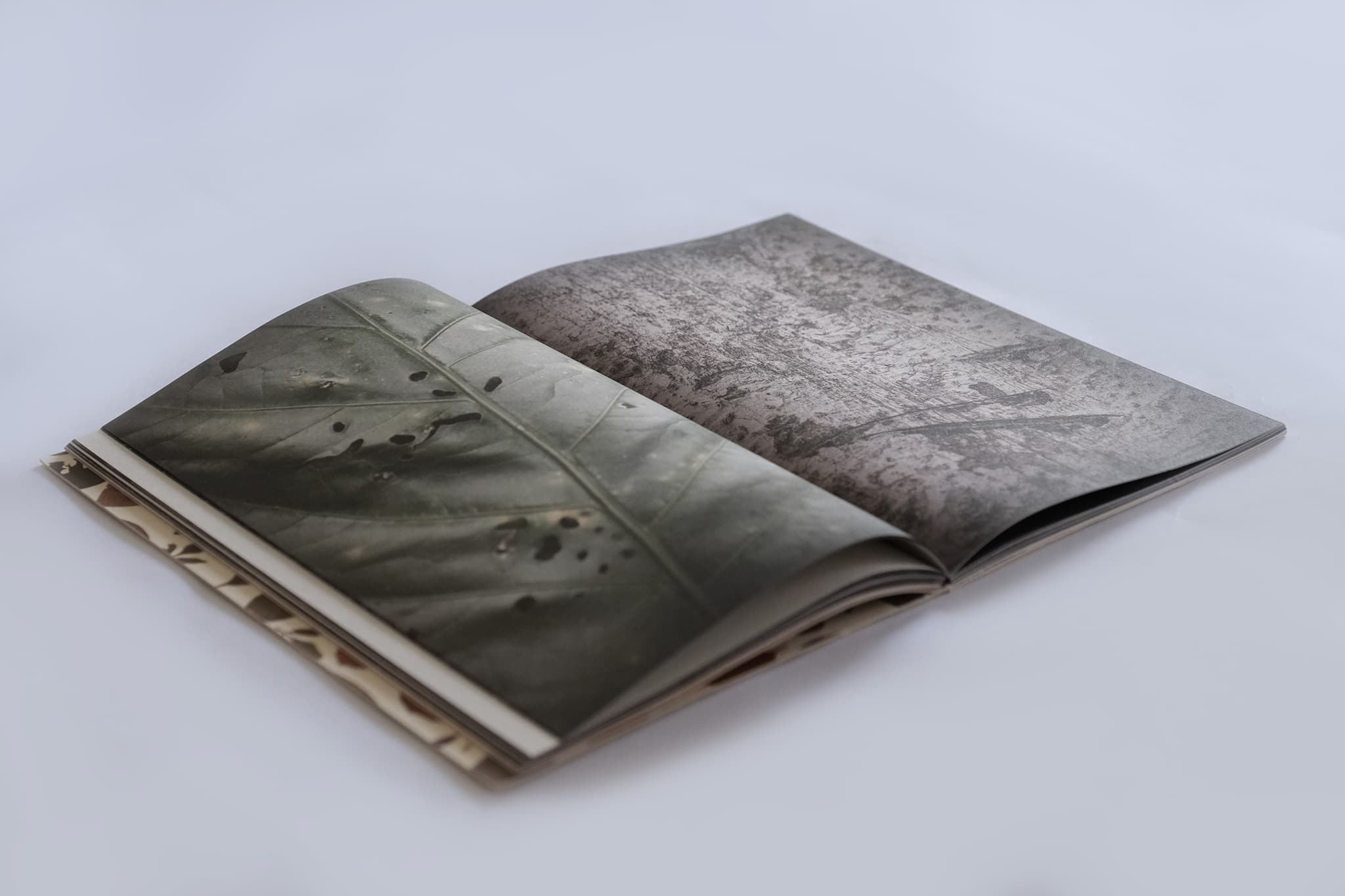
Baudó: an agency to look closely
During a 12-hour trip navigating the Caquetá River, Laura Sofía Mejía and Víctor Galeano began to imagine what today is Baudó Agencia Pública. In 2016, they were doing the transmedia documentary Una parte por millón, an investigation about mercury contamination in several rivers in Colombia. In the middle of that process, they began to wonder how they could continue to do in-depth journalism, achieve respectful relationships without publicity to survive. That is, to do what they were passionate about following their ethical and political principles.
They knew from their previous experiences as photojournalists and journalists that in traditional media they would not be able to do it. They learned about other experiences and recognized their own knowledge and experiences in cultural management.
They work with a non-profit model that has allowed them to maintain independence in their content. Furthermore, according to them in Baudo “there are no sources, there is no audience, there are no workers. There are friends, there is a community, there are networks that are created from mutual learning and coexistence”.
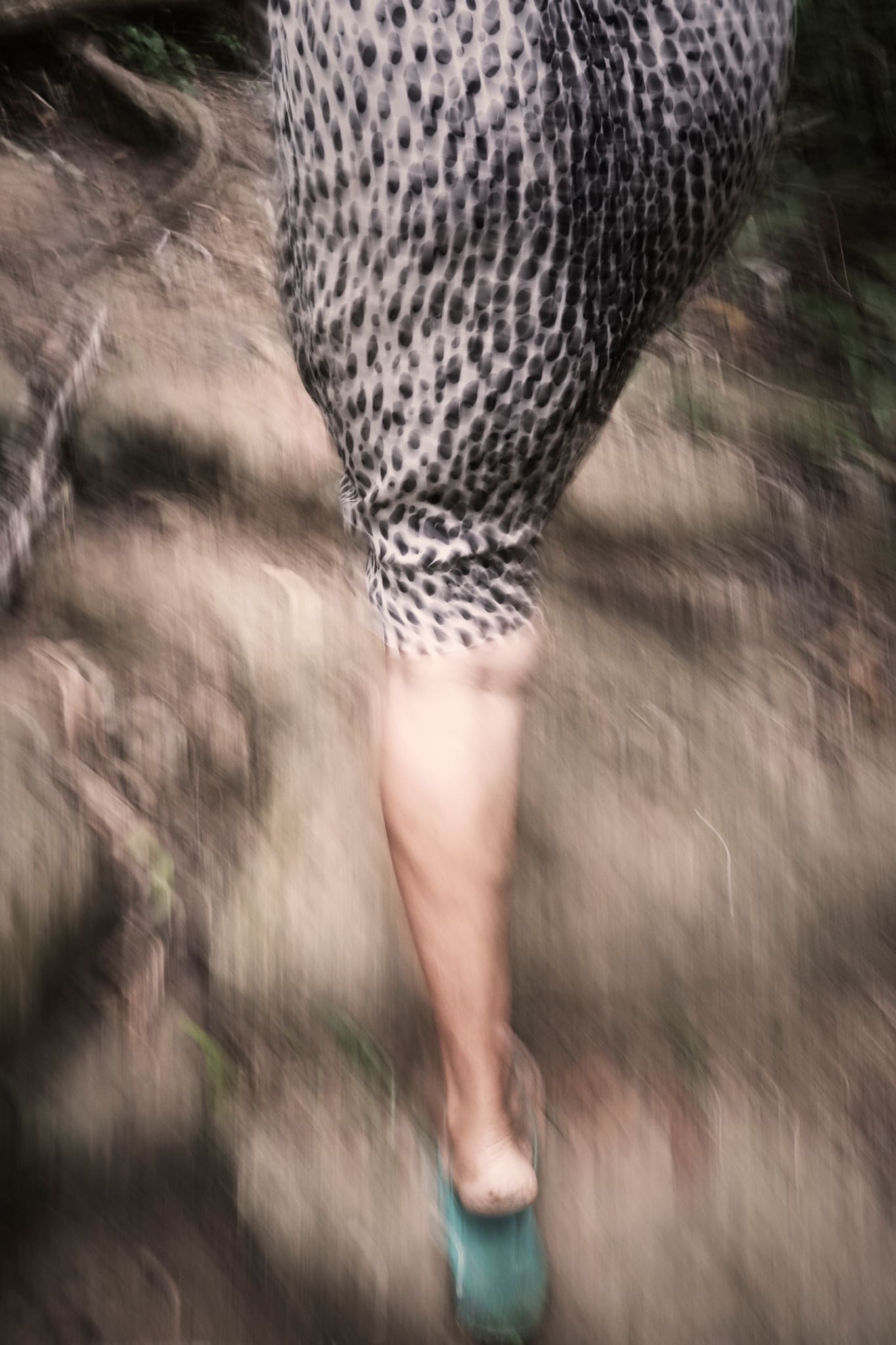
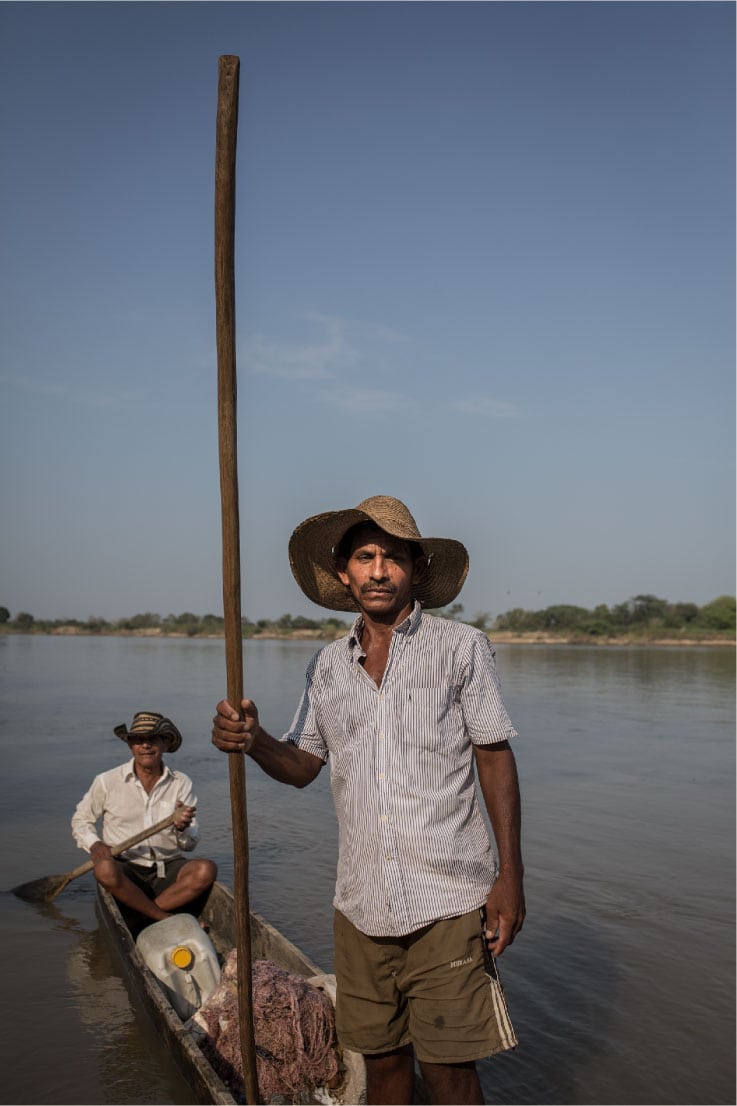
In recent times, Baudo made a respectful coverage of the national strike in the region known as Eje Cafetero in Colombia. Also, in their four years of existence, they have developed different types of work in which they combine different media: Todas las hojas son del viento, documenting an initiative to restore an area of tropical dry forest or Los 12 de Punta del Este, doing a memory exercise in search for justice of families who lost their relatives in a massacre in Buenaventura. But they have also worked on a series of graphic reports, chronicles, and news.
The idea of independence and autonomy is interesting, especially considering there is a boom in independent media in several countries.
Víctor Galeano: In Colombia, there are a lot of media like this for the last 10 and 20 years. When we got into this we didn’t know they existed. We did have a reference in Latin America and our models were: Ojo público in Peru; Agenda Pública in Brazil…
Laura Sofía Mejía: Nómada in Guatemala, El Faro in El Salvador. They were our referents, although they do very different things. We decided from the beginning that we did not want to make the breaking news format, although saying that at this moment is super curious because we did a coverage on the national strike that we had never thought of doing.
We thought about long-term projects. We thought about how to involve research processes and multimedia transmedia creation around in-depth journalistic investigations. How to turn those issues that are so hard, so complex to tackle into communicative pieces that are closer to the people.
Baudo does not ask about the immediate news. The way we measure our impact has to do with the way we formulate our objectives that go far beyond the publication of content. Ours is focused on community work, on communication processes for development that we carry out in parallel with journalistic coverage.
So, it was necessary to stop thinking that the media should be financed through advertising. We understood that if we want to do this type of journalism, then we have to put on the resource management shirt so that it does not interfere with the rest.
Victor: We have also been identifying training needs that we were trying to solve in some way. Parallel to thinking about a solution to journalism that we wanted to do, we were also thinking about contributing to the training that was needed in the country. And there we were joining those two lines.
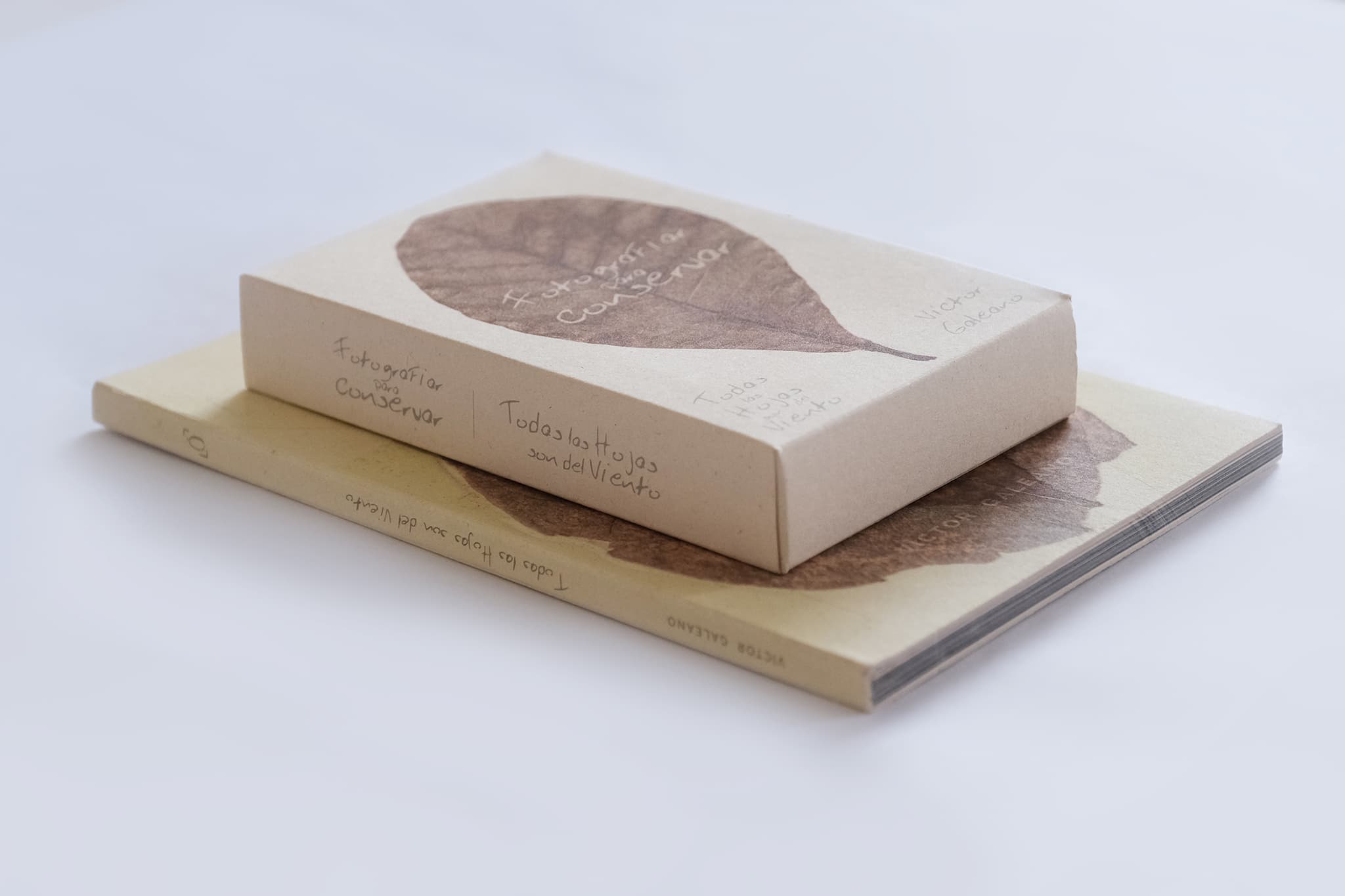
Baudó does not define itself as a regional media but is outside the center, in this case outside Bogotá, it does imply a difference with other media.
Laura: Of course, especially in what questions we ask ourselves and why. Not so much because of the geographical location, but because there are other types of needs and other questions that make a difference. We can have a look at the country, but from the region, yes.
Víctor: There is also one thing that we thought about from the beginning. It turns out that to train yourself had to go to Bogotá, sometimes to Medellín or Cali. In photography, we would pack the suitcase, get the transportation and go to take the workshop. All information and knowledge were centralized. So we ask ourselves, why don’t we bring those workshops here and instead of both of us leaving we look for other people to participate? The answer is that nobody participated, there with more reason we said that it was necessary to start opening the spaces to achieve decentralization of everything. I mean, it was all thanks to a big tantrum.
It is something more geopolitical, in a sense of positioning itself, but also assuming some difficulties.
Laura: Yes, it was how to give a regional look to the national, rather than looking at ourselves, it is how we in the regions see the rest of the country. In the League against silence, of 19 media, only three of us are outside of Bogotá. It is too big a difference, hence Chagra, a network of community storytellers, was born, thinking about how we can narrate ourselves, how to decentralize the gaze, and allow other perspectives to be heard. We believe that there is a more conscious and broader look. In addition, one of the promises of the value of the contents is the fact of being in the places.
Victor: therein lies the need for time to get things done. We are clear that we move from the cities to the places we do not live there, but we know the difference between making a note only with calls, or online, to invest a year of work on a project. We also give you time to develop friendships with the people in your territories. We are interested in building content with the participation of people. The exercise of listening and presence has changed many theories. And over time we have managed to understand what it is that people in places want and need.
Laura: one of our ways of measuring impacts is that the people of the communities feel identified with what we did. That is why we always return, we bring the results, we dialogue with the people who participated. That is what gives validity to our work.
